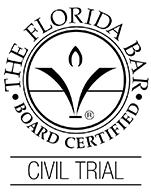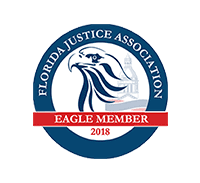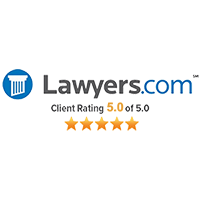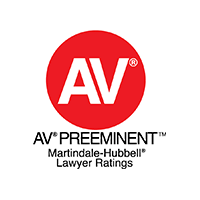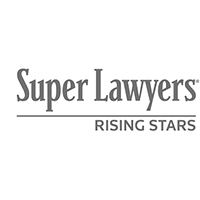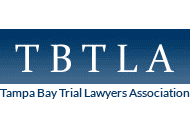- Have your legal representative contact your insurance company early to open a claim to get the process started.
- Your insurance company is not responsible for rental reimbursement unless a covered claim triggers the need for a rental vehicle.
- While some insurance companies may pay for your rental vehicle in advance, eliminating the need for you to initially pay out of pocket, they are not required by law to do so. In fact, most contracts state that the insured must pay for the vehicle rental in full and then submit the receipts to the insurance company for reimbursement.
- Your policy’s vehicle coverage is less than that under the at-fault party’s policy and may only cover a small daily allowance (e.g. $30 per day).
- If you are going through your own insurance policy, then your rights to a rental vehicle are defined in the insurance policy and should be reviewed immediately after a motor vehicle crash.
When Their Insurance Pays
- Have your legal representative contact the at-fault driver’s insurance company early to open a claim to get the process started.
- The at-fault insurance company can sometimes take weeks to determine liability before issuing payment for a rental vehicle. This process takes far too long to address immediate concerns over renting a vehicle. This delay is primarily the reason to go through your own insurance.
- Suppose you’ve been determined to be partially at fault for the motor vehicle accident. In that case, your recovery of rental reimbursement is reduced by the percentage you are deemed to be responsible.
- If the other driver’s vehicle determines you are entirely at fault, then the only other option is to go through your insurance if you have the appropriate coverage.
- Your temporary replacement vehicle, when paid for by the at-fault driver’s insurance, must be of a similar type as the vehicle you own. There is likely no such requirement under your policy.
How long can I have the rental?
Be mindful of deadlines issued by the insurance company to return the rental vehicle once your vehicle has been repaired or payment has been to you after the vehicle has been deemed a total loss. Often your access to a rental vehicle is the shortest (72 hours or less) when your vehicle has been deemed a total loss, and the at-fault driver’s insurance has issued you a check. Allowance for a rental is often less than a week.
Will my premiums go up if I use my insurance?
Premiums are increased all the time and may have nothing to do with any specific claim. Just because you were in an accident does not mean your premiums will necessarily increase. Florida law specifically prohibits additional premiums absent a showing of fault on your behalf. According to Florida law, an insurer may not do the following:
“Impos[e] or request an additional premium for a policy of motor vehicle liability, personal injury protection, medical payment, or collision insurance or any combination thereof or refusing to renew the policy solely because the insured was involved in a motor vehicle accident unless the insurer’s file contains information from which the insurer in good faith determines that the insured was substantially at fault in the accident.”[2]
Click here to learn more about frequently asked property damage questions.



![cftla-member[2]](https://www.1800askdave.com/wp-content/uploads/2022/03/cftla-member2.png)
![cftla-member[3]](https://www.1800askdave.com/wp-content/uploads/2022/03/cftla-member3.png)

